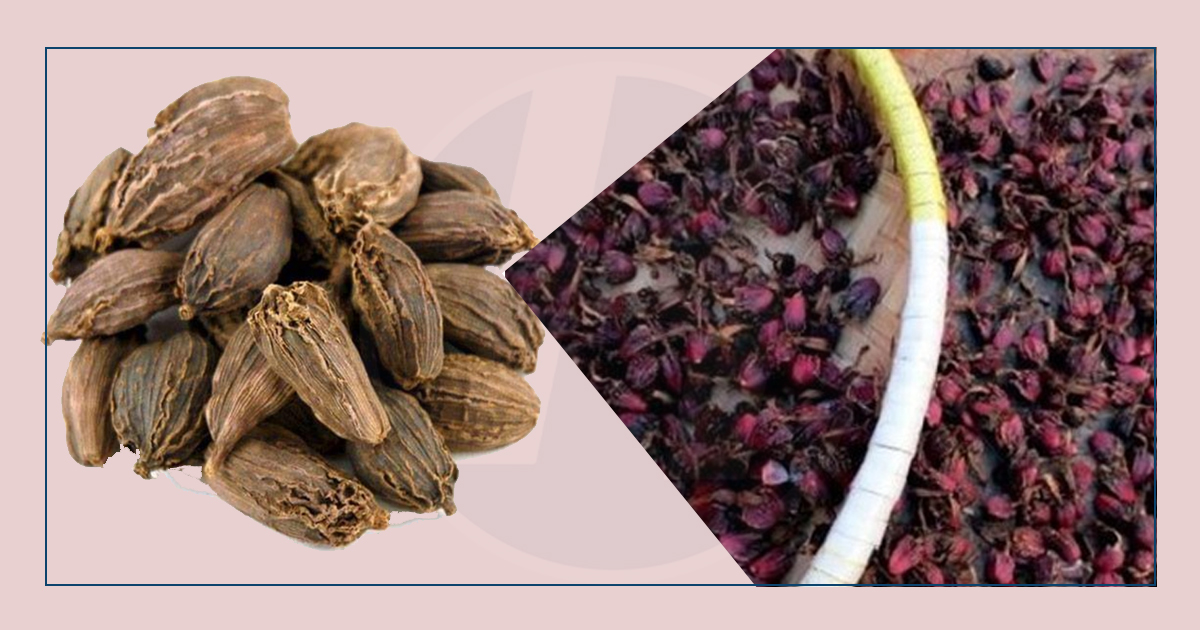KATHMANDU: Cardamom, often referred to as ‘Nepal’s black gold,’ is produced in only a few countries worldwide, with Nepal contributing to 60 percent of the global supply.
This year, the price of cardamom has surged significantly. Traders attribute the sharp increase in price to reduced production.
Currently, farmers are receiving prices ranging from 100,000 to 110,000 rupees per man (40 kg) as production continues to decline.
In past years, when farmers sold their cardamom, prices would typically be normal, later rising gradually, leaving farmers in a difficult position.
However, cardamom trader Indra Bahadur Limbu stated that farmers are now pleased as the price has increased at the right time.
He emphasized that if prices rise consistently every year, farmers would not face such difficulties.
Limbu explained that, in previous years, farmers struggled because cardamom cultivation became expensive without receiving a fair price.
While cardamom was once widely cultivated in villages, many farmers have now shifted to growing vegetables.
Limbu, who continues to cultivate cardamom, has earned 400,000 rupees from his harvest this year.
However, due to various diseases affecting the crop, production has decreased. His garden, which once produced around 250 kg of cardamom, now yields only about 200 kg.
Cardamom plants are suffering from several diseases, and Limbu reported that production has further declined as no effective treatment has been found for these ailments.
As production dwindles, prices continue to rise. Nirmal Bhattarai, president of the Cardamom Producers Association, reported a 40 percent decrease in production compared to the past three years.
Currently, Nepal produces between 5,000 and 8,000 metric tons of cardamom annually, but this year, production has dropped to just 4,000 metric tons.
Cardamom is commercially grown in 43 hilly districts of Nepal, with Taplejung and Sankhuwasabha being the main producing areas.
However, even in these regions, production has decreased, according to Bhattarai.
Nepal, India, and Bhutan are the primary producers of cardamom, which is mainly used as a spice, though a small portion is also used for medicinal purposes.
Bhattarai attributed the decline in production to the shortage of expert manpower in Nepal.
He explained, “The decline in cardamom production each year is due to the lack of expertise. Now, many diseases are affecting the crop, and even though the production area remains the same, the inability to address these issues is leading to a decrease in output.”
Challenges due to lack of unified government budget
While the government has invested in commercial cardamom production, industry stakeholders argue that the budget allocation has been fragmented.
Bhattarai emphasized that scattered investments have hindered progress in the production and marketing of cardamom.
“The government has made some investments in cardamom cultivation, but the funds have not been effective due to being spread across multiple areas,” Bhattarai said.
“Issues such as the Cardamom Zone, Agricultural Knowledge Center, and the Prime Minister’s Agriculture Modernization Project have led to scattered budget allocation, preventing proper investment in the key cardamom sector.”
Cardamom exports over the last five years
Nepal rarely imports cardamom, but it exports the spice regularly. In the first four months of the current fiscal year, 1.2 million 6,250 kilograms of cardamom, worth approximately 1.9 billion rupees, have been exported.
In the fiscal year 2080/081, Nepal exported 5,018,335 kilograms of cardamom, valued at 7.94 billion rupees.
The previous fiscal year (2079/080) saw exports of 9,991,149 kilograms, while in 2078/079, 5,367,443 kilograms were exported, worth 4.81 billion rupees.
In 2077/078, exports reached 8,557,342 kilograms, totaling 7.02 billion rupees, and in 2076/077, 5,012,694 kilograms of cardamom were exported, valued at 4.19 billion rupees.









Comment